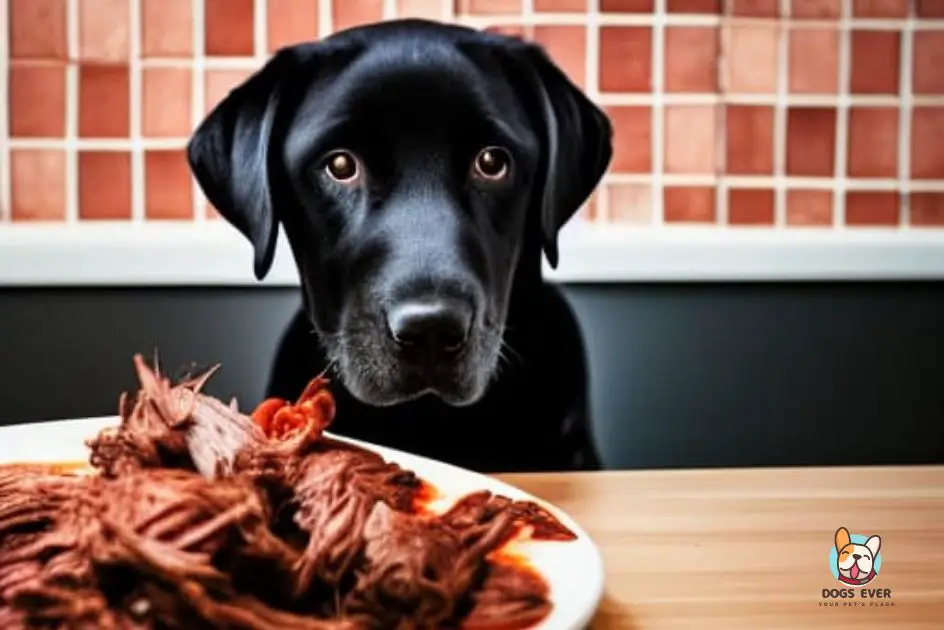· food · 3 min read
Can Dogs Eat Bacon? Is Beacons Allegeric To Dogs? (2023)

Can Dogs Eat Bacon? Is Beacons Allegeric To Dogs? As part of a traditional British breakfast that includes sausages, eggs, peas, black pudding, and toast, bacon may be the dish’s lynchpin. It has a delightful aroma and delicious flavour and may be either soft or crispy, depending on your preference.
However, the irresistible scent of your cooking rashers is sure to entice onlookers, and before you know it, your dog will be nipping at your heels to demand some of his own. Your dog is desperate for some bacon, but is it safe for him to eat? It’s not the healthiest option for humans, so does that mean it’s just as bad for Fido?
May Dogs Eat Bacon?
The majority of experts agree that your dog shouldn’t consume bacon. Due to its harmful composition and the minimal hazards associated with its use, this is the most straightforward and secure solution. On top of that, some dogs shouldn’t consume bacon at all owing to allergies or other health issues.
Most healthy dogs, however, can tolerate a small amount of bacon without any ill effects. While preparing a fry-up, most dogs will smell the air or give you the puppy look since bacon is so delicious.
The fact that most dogs go crazy over bacon may be a valuable treat. It has a wonderful texture, rich flavour, and enticing aroma. Naturally, it must smell heavenly to our canine companions, whose sense of scent is 10,000 to 100,000 times more acute than ours.
Beacons Allegeric To Dogs
Now that we know the answer to “Can a dog eat bacon?” we must determine why this is the case. It’s no secret that bacon is loaded with fat and grease. This means feeding your dog bacon, particularly in excessive amounts, might cause gastric problems. The fat from bacon is also bad for your dog’s heart.
We understand how tough it is to deny your dog’s obvious request for some bacon. But don’t give in to the temptation, even if your dog makes sad eyes and cranks up the adorableness. Feeding your dog bacon frequently is likely to lead to inflammation.
The pancreas, for instance, secretes digestive enzymes into the stomach to aid in your dog’s regular absorption and digestion of food. An irritated stomach makes it difficult for your dog to digest its food and absorb its nutrients. In addition, discomforting signs and symptoms may appear if the pancreas cannot function normally. Pet Health Pharmacy’s veterinary pharmacists have found that tiny dog breeds, such as miniature dachshunds, miniature poodles, and cocker spaniels, are more likely to develop pancreatitis than larger dog species. But older dogs and bigger dogs are also susceptible.
An inadequate diet is a major contributor to pancreatic inflammation, which may have numerous reasons. For example, when people feed their dogs a lot of fatty foods (like bacon and bacon grease), it may lead to various health problems for their pets.



